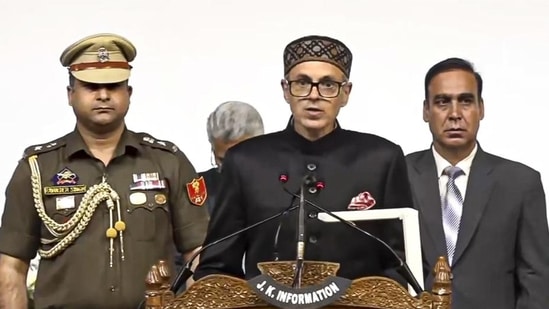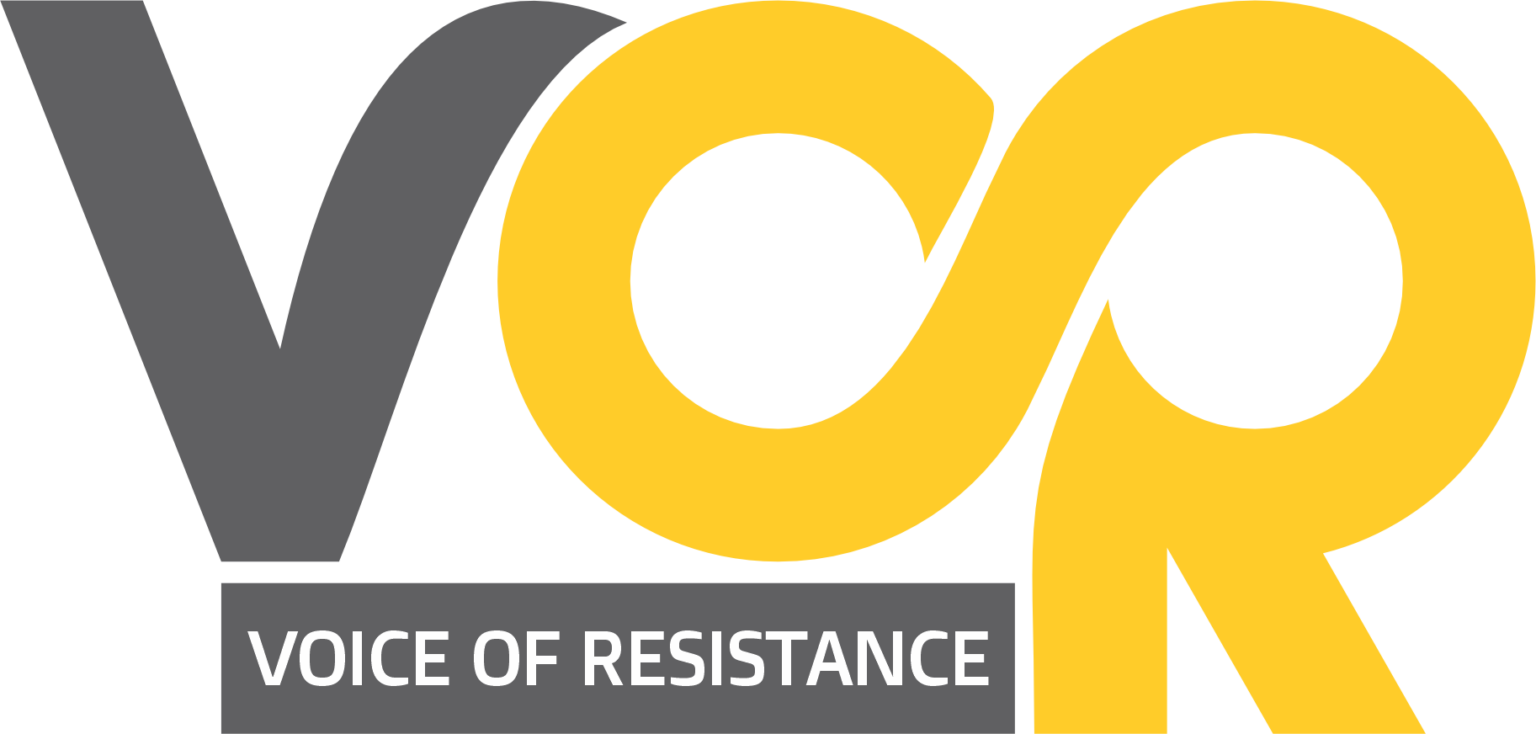
Puppet without Power
Syed Suhaib Abdullah
Since Indian soldiers first landed at the Srinagar airport, India has been attempting to plant its political puppets, create a façade of “democracy,” and eventually execute its plans—ranging from passing favorable resolutions to enacting new laws—to legitimize its occupation of Jammu and Kashmir. The sham electoral process has been repeatedly used to promote the narrative of “democracy” and “people’s will” whenever convenient. India has always cultivated a network of henchmen, brokers, and lackeys who advocate for and protect Indian interests in Kashmir, India, and beyond. This so-called democratic setup has arguably been one of the most effective tools for solidifying the occupation of Kashmir.
Even when the people were reluctant to participate in any electoral process, India, through its soldiers, ensured that Kashmiris were dragged to polling booths to cast their votes. Whenever it appeared that votes were cast against New Delhi’s favorites, India brazenly rigged the elections—examples being the elections of 1987 and 1996. This time as well, the police and Indian soldiers demanded proof from those they suspected would boycott the elections. They were asked to send pictures of themselves at polling booths through WhatsApp and even upload them as their WhatsApp status.
The recent elections, held after a decade-long hiatus, were preceded by the BJP-led government taking all necessary steps to create favorable conditions for their party to win and impose a Hindu Chief Minister on the region. The bifurcation of the state, the redrawing of constituencies, the creation of new parties, the funding of stooges, and the use of every possible resource to secure victory, however, did not yield the desired results, as Kashmiris ensured that the BJP remained at bay.
Kashmiris have a history of finding ways to express dissent, even under extreme pressure. The long and brutal occupation has somehow made them more astute in ways that are difficult for outsiders to understand. They protest in their own subtle ways, often without saying a word. It might seem as though Kashmiris wholeheartedly support the parties to which they’ve given their mandate, but there is more than meets the eye. No party in the region has done enough to win such overwhelming popularity that Kashmiris would genuinely pledge their allegiance. Instead, the situation forces them to act in ways that safeguard their interests. This time, it was to keep the BJP at bay at any cost.
Their participation in the electoral process was not driven by faith in it, as an overwhelming majority of Kashmiris still believe that elections are no substitute for a plebiscite or the right to self-determination. Rather, it was a response to the new era of disenfranchisement they have faced since the abrogation of Articles 370 and 35A. This time, Kashmiris also rejected those seen as BJP proxies, including Rashid Engineer, whom the people of North Kashmir had previously supported in large numbers due to his victimization by the Indian state’s lawlessness in recent parliamentary elections.
Hours after winning a majority, India’s most cunning henchman in Kashmir, Omar Abdullah, made a U-turn. During his election campaign, he had promised to pass a resolution on Articles 370 and 35A, along with pledges for employment and better facilities, as part of his manifesto. Most people, if not all, will not be surprised by this reversal since they are well aware of what Omar’s party has stood for over the years. They also know that he will merely be an elevated mayor of the municipal corporation, with no real power to effect substantial change. From Muslim Conference’s transformation into National Conference in 1939, to the Indira-Abdullah Accord of 1975, the rigging of the 1987 elections, and the civilian killings of 2010, the Abdullah family has repeatedly stabbed Kashmir in the back.
The political framework of Jammu and Kashmir, as established by the Jammu and Kashmir Reorganisation Act, 2019, underscores the considerable authority granted to the unelected, imposed viceroy Lieutenant Governor (LG). Although there will be an elected Legislative Assembly and a Council of Ministers, the LG, who is appointed by the President of India, holds the ultimate decision-making power.
The Lieutenant Governor’s extensive authority, as outlined in the Jammu and Kashmir Reorganisation Act, grants him executive control over critical areas such as police, public order, and land. Section 53 of the Act empowers the LG to act independently on matters beyond the scope of the elected assembly or as mandated by law, including overseeing All India Services and the Anti-Corruption Bureau. Additionally, the LG has the authority to issue ordinances when the Assembly is not in session, giving him legislative influence. Any financial legislation must also receive the LG’s approval before being introduced in the Legislative Assembly.
As a result, the new Chief Minister will not, in any way, provide Kashmiris with relief from the lawlessness that has prevailed since India illegally occupied the region. So, can we say that the mandate given to a particular party, or the participation of the people, has yielded nothing at all? Since politics in the region is complex and different situations arise from time to time, it is premature to jump to conclusions and make definitive statements. Whether Omar will revisit his party’s old policy of acting as a mere puppet factory, or whether he will abandon its anti-people stance and do something to secure a lasting place among Kashmiris, only time will tell.
Editor's Pick

The Dream of a Martyr
The Dream of a Martyr Muhammad Faisal 1979 had begun. Kashmir looked abnormally normal, its calmness

Going the Israeli way
Going the Israeli way Muntaha Kirmani After the 22 April Pahalgam attack, Indian military has gone

South Asia’s Nuclear Flashpoint Has Reared its Head Again!
South Asia’s Nuclear Flashpoint Has Reared its Head Again! Muhammad Iqbal Tantray Kashmir has always been
